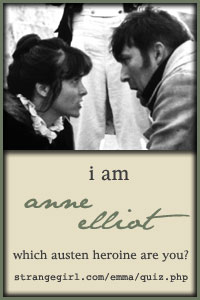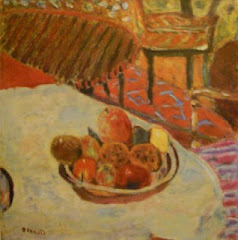It is an in-between
sort of season, summer set going (or about to be) by the Memorial Day weekend,
but a distinct chill in the air, even midday. I wear two sweaters and a robe, mostly, today long sleeves
with jaunty stripes.
The archaeology has
started already on Crete, and I remember the year I was there, this week and on
past my birthday—staying on the north coast in the Venetian harbor town, eating
Greek yogurt with honey and walnuts for breakfast in the pink café next to the
Turkish bathhouse where Zorba’s Bouboulina worked (or cheese or wild green pies
from the market shaped like a staurolite), prowling the Minoan ruins, eating
fresh trout at night on Mt. Ida after negotiating impassible roads—no more than
goat tracks, all of rocks and climb—given directions by revenant shepherds who
vanished completely afterwards, elusive as the villages imagined by the
mapmakers beyond the little beehive tholos tomb.
And June, which is
it nearly, but not yet, and yet again years past, in Santa Fe meant roses. Peace, Tiffany, Garden Party—all the
old-fashioned names; and doors open at last after the months of snow and
tumbleweeds and dreariness, with only screens between us and the sound of
sprinklers, birds; long idle summer mornings out of school, reading, collecting
rocks (quartz crystals, amethyst, chalcedony, maybe a bit of glassy black
obsidian, or moss agate), and then, soon, horseback riding on long shady trails
at Bishop’s Lodge, hilly trail rides on my favorite Dusty, the palomino. In junior high, pining for all the boys
I madly loved and wouldn’t see again until August. Mock orange in fragrant bloom outside my bedroom there,
those childhood summer nights and days—and now, this year, I have a bush
against the side fence here, but not as heavenly somehow. The buds reluctant, and the odor faint,
like brittle faded flowers pressed in books for remembrance.
The wind unsettles
me; I can’t lose myself either in the present or the past, or find myself,
either; my writing stalls. I make
indifferent tarts that should have been better; the evenings disappear much sooner
than they ought; I’m in some sort of fugue state, bumbling my way to what?
I’ll make a summer
reading list, and finish the story I’m writing. I’ll decorate a tart with edible flowers, copying another’s
inspiration. I’ll make bread with
sunflower seeds, tagine with apricots.
I’ll study something new (Estonian, or the bassoon), travel to England,
walk along the shore with Oliver Mtukudze on my iPod, watching the impossibly
white herons conjugating water, articulating grace.
I’ll season things
to taste—chili from Santa Fe, wild sage from those hillsides in Crete, mint
from my planter box with blue glass balls that add distilled color and
light. And in that season just
ahead will be picnics and garden parties strung with Japanese lanterns; Peruvian
coffee cupped in cold hands beside a mountain creek running with snow-melt
underneath long sandstone Anasazi caves.
Stirring with
wooden spoons all afternoon— tweaking the recipe—adding a pinch of cinnamon—soon
it will taste exactly right.



























